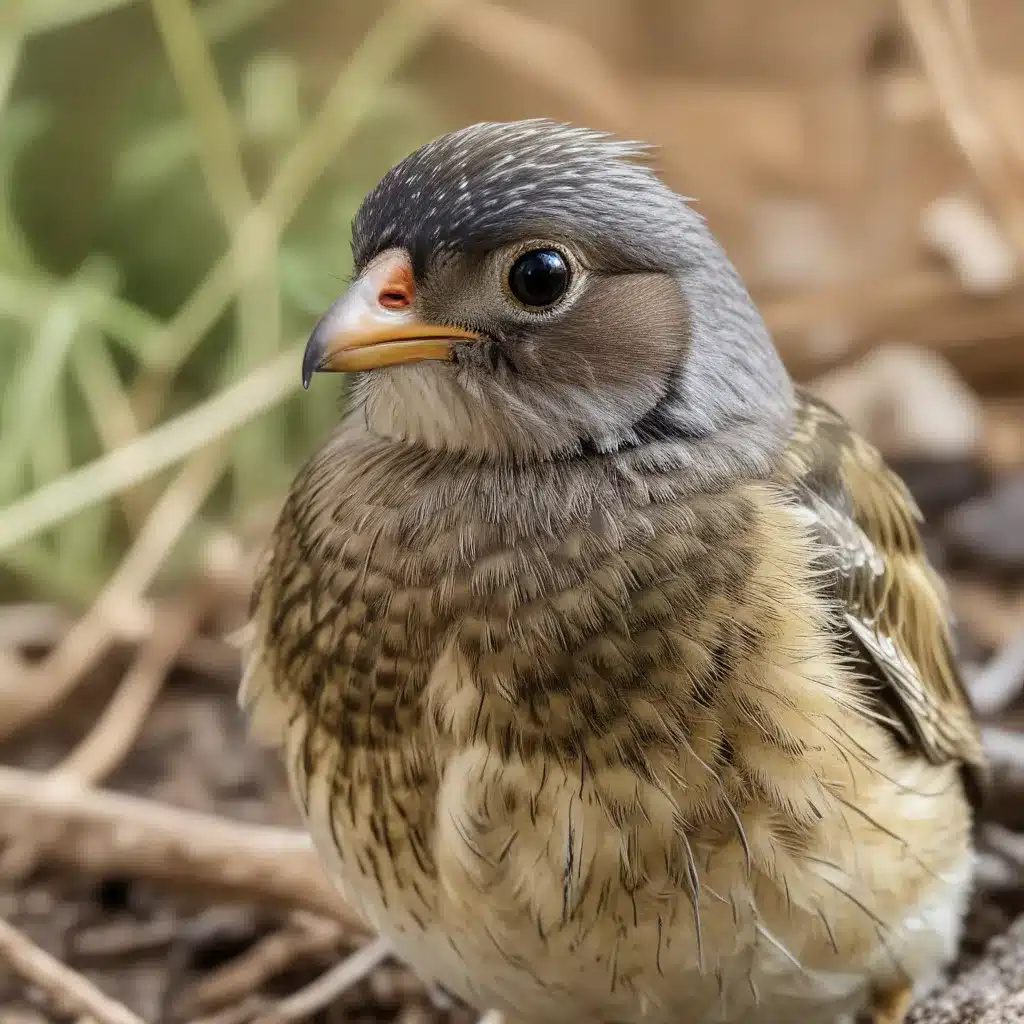
Preventative Care Strategies
As an experienced avian caretaker, I know that maintaining the health and well-being of our feathered friends requires a proactive approach. Preventative care is the foundation for ensuring our birds thrive, and it involves regular checkups, close monitoring of their environment, and a deep understanding of their unique anatomical and physiological needs.
Establishing a relationship with an avian veterinarian is the first crucial step. Just like humans, birds require routine physical examinations to detect any underlying conditions early on. These visits allow the vet to create a comprehensive health profile, monitor changes over time, and implement timely interventions if needed. Regular checkups also provide opportunities to discuss nutrition, housing, behavioral enrichment, and other aspects of care that contribute to overall wellness.
But preventative care doesn’t stop at the vet’s office. As caretakers, we must also be vigilant about the birds’ living environment. Ensuring proper temperature, humidity, lighting, and cleanliness are all essential for supporting their health. Providing a stimulating, species-appropriate habitat that allows for natural behaviors like climbing, foraging, and socializing is equally important. By creating a safe, enriched space, we can minimize stress and reduce the risk of illness or injury.
Avian Anatomy and Physiology
Understanding the unique anatomical and physiological characteristics of birds is key to meeting their health and wellness needs. Unlike mammals, avian bodies are lightweight yet highly efficient, with hollow, air-filled bones and a specialized respiratory system. Their fast metabolisms require a nutrient-dense diet to fuel their active lifestyles.
The avian digestive tract, for instance, is adapted for rapid food processing and absorption. Birds lack teeth, so they rely on a muscular gizzard to grind up food. Their intestines are proportionally longer than mammals’, allowing for maximum nutrient extraction from each meal. Caretakers must carefully formulate diets to ensure birds receive the right balance of proteins, fats, carbohydrates, vitamins, and minerals.
Behavioral needs are just as crucial to address. Birds are highly intelligent, social creatures that require ample opportunities for foraging, climbing, flying, and interacting with their flockmates. Providing an enriched environment and encouraging natural behaviors is essential for both physical and mental well-being.
Common Health Issues
Even with the best preventative care, birds can still fall victim to various health conditions. Respiratory disorders, such as pneumonia or air sac mites, are particularly common and can quickly become life-threatening if left untreated. Digestive problems, like impacted crops or liver disease, can also severely compromise a bird’s welfare. Feather and skin conditions, ranging from feather plucking to mite infestations, can be distressing and lead to further complications.
The key to managing these issues is early detection and prompt intervention. By closely monitoring our birds’ appearance, behavior, and droppings, we can often spot signs of trouble before the condition becomes critical. Regular diagnostic testing, such as fecal exams or blood work, can also uncover underlying problems.
Once a health concern is identified, working closely with an avian vet to develop a tailored treatment plan is crucial. This may involve medication, dietary adjustments, environmental modifications, or a combination of approaches. Staying vigilant and acting quickly can make all the difference in ensuring a positive outcome for our feathered companions.
Enrichment and Behavioral Management
Promoting natural behaviors and reducing stress are equally important aspects of avian wellness. Designing habitats that allow for climbing, foraging, and social interaction is essential. Providing toys, perches, and other enrichment items encourages birds to express their innate curiosity and problem-solving abilities.
Training and positive reinforcement can also be powerful tools for managing behavior and minimizing stress. By teaching birds to voluntarily participate in husbandry procedures, like stepping onto a scale or entering a carrier, we can make veterinary visits and other necessary activities less traumatic. Rewarding desirable behaviors with treats or praise helps build trust and reinforces the bird’s cooperation.
Environmental factors, such as proper lighting, temperature, and humidity, also play a vital role in supporting overall well-being. Ensuring these parameters align with the bird’s natural habitat can go a long way in preventing stress-induced illnesses and behavioral issues.
Nutrition and Dietary Considerations
A balanced, species-appropriate diet is the foundation of avian health. Birds require a carefully formulated mix of proteins, fats, carbohydrates, vitamins, and minerals to thrive. Caretakers must research the unique nutritional needs of each bird species and adjust feeding practices accordingly.
Portion control is crucial, as overfeeding can lead to obesity and associated health problems. Meal frequency is also important, as birds have fast metabolisms and require multiple small meals throughout the day. Providing a varied diet, with a mix of high-quality pellets, seeds, fruits, and vegetables, ensures birds receive all the necessary nutrients.
Clean, fresh water should be available at all times. Water quality and hydration status are directly linked to overall health, so monitoring water intake and replacing it regularly is a must.
By taking a proactive, comprehensive approach to avian wellness, we can help ensure our feathered friends live long, healthy, and enriched lives. Regular preventative care, a deep understanding of their unique needs, and a commitment to minimizing stress and maximizing their natural behaviors are all essential elements of this holistic approach. As avian caretakers, it’s our responsibility to go the extra mile to support their well-being.
For more information and resources on avian health and wellness, I encourage you to visit Mika Birds Farm. Their team of experts is dedicated to providing the highest standard of care for our feathered companions.


